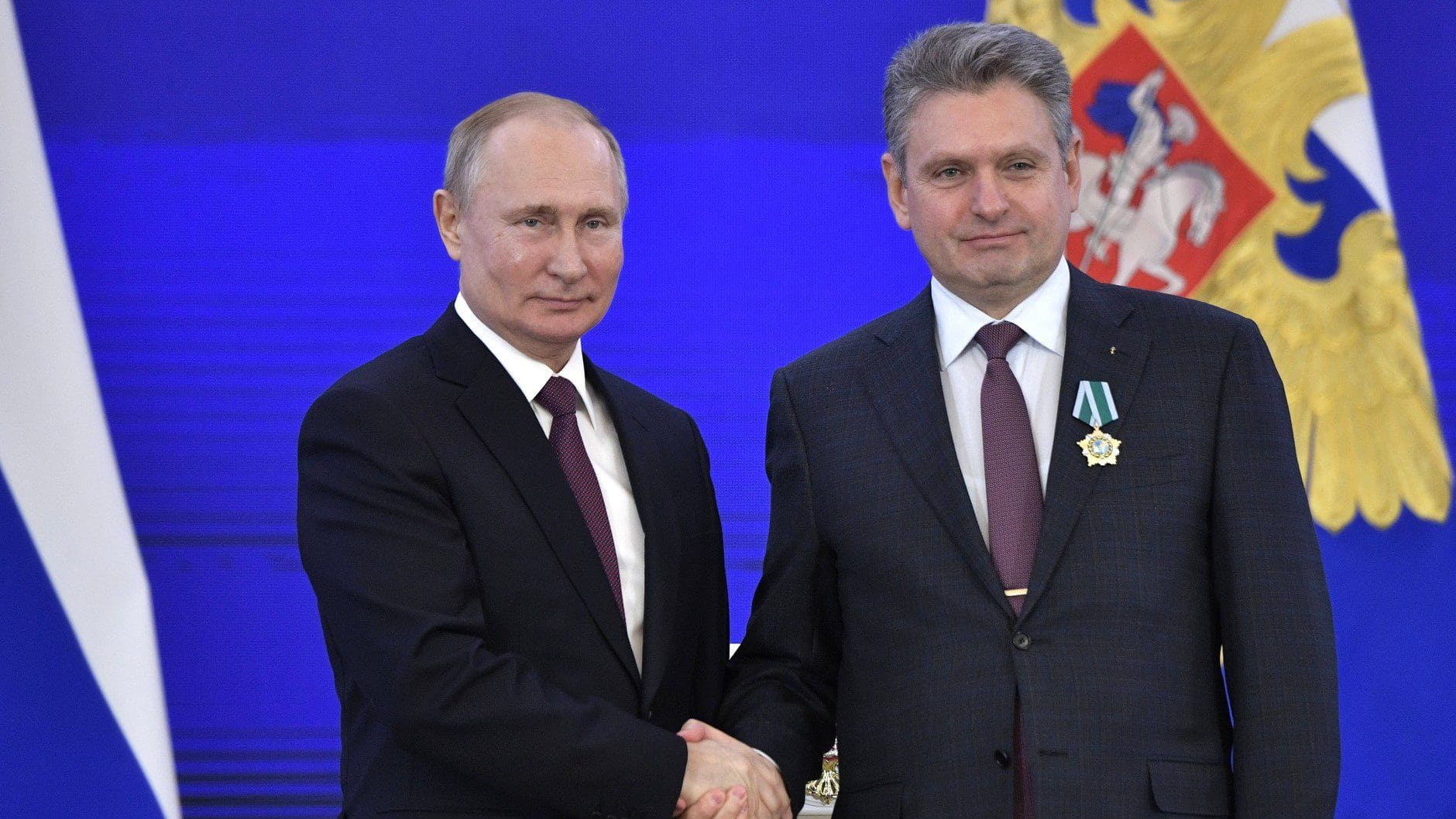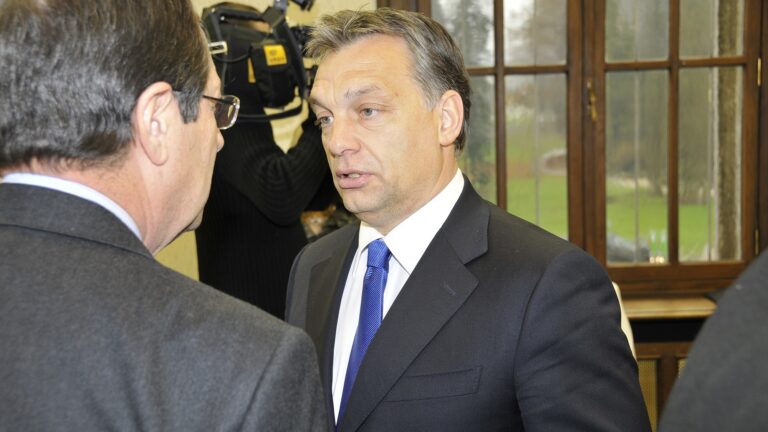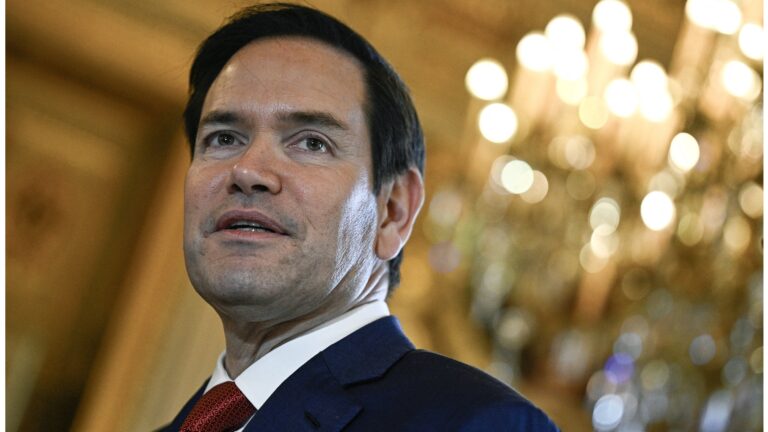Last week, both the United Kingdom and the United States levied sanctions against Bulgaria, the country ranked as one of the most corrupt in the EU on Transparency International’s disputed perception-based corruption index. The United Kingdom sanctioned three high-ranking public officials for their ’abuse of public institution funds’. The assets of these individuals were frozen, and their ability to travel was restricted. The UK claimed to support Bulgaria ´in its efforts to tackle corruption and strengthen the rule of law by sanctioning these corrupt figures´. The United States introduced sanctions on not three, but five people from the Balkan country. The US partially justified its actions by claiming that the targeted individuals helped to perpetuate the country’s ´corrosive dependence on Russian energy sources´.
Among the sanctioned former and current politicians are the former ministers responsible for energy, and two former CEOs of Bulgaria’s only nuclear power plant. These officials are accused of enabling Sofia’s Russian energy dependence and taking bribes from Moscow. Former Minister of Finance Simeonov Malinov, the current head of the Russophiles National Movement, was also targeted by the US Treasury. He was presented with the Order of Friendship by President Vladimir Putin in 2019, and was later arrested on espionage charges.
The US Treasury Department just announced sanctions on five current and former Bulgarian officials, as well as five entities accused of illicit personal gain, undermining the country’s democratic institutions and perpetuating “corrosive dependence on Russian energy sources”. pic.twitter.com/1OW4VUwqpn
— Ari Hawkins (@_AriHawkins) February 10, 2023
The imposed restrictions were made possible by the Global Magnitsky Act that enables the sanctioning of foreign government officials worldwide who are known to be human rights offenders. These measures can include the freezing of assets and imposing travel bans. In total, there are currently eight Bulgarians who are penalised under the Global Magnitsky Act. Soon after the sanctions were announced, the most affected Bulgarian Socialist Party expelled over a dozen of its members from the party.
The scandal is significant as Bulgaria is about to have its fifth national election in two years—the snap elections were announced by Bulgarian President Rumen Radev in January 2023, and are scheduled to take place in April 2023. Early elections were called because the largest parliamentary parties could not agree on forming a governing coalition. As a reaction to the sanctions, Sofia is expected to oppose any further sanctions on Russia as well as military aid to Ukraine. President Rumen Radev already spoke up against sanctioning Russian nuclear fuel, arguing that it would have a devastating effect on the country’s energy stability. The President also urged for peace and an end to the conflict in Ukraine as soon as possible.
Two days after the US Treasury and the UK announced their sanctions, the Bulgarian Socialist Party called for a referendum on gender ideology in schools. The referendum was proposed to address concerns about public schools being infiltrated by gender ideology, in an apparent attempt to protect ´Christian values´ with a popular mandate from the voters. The proposed referendum revolves around a similar topic to that of Hungary’s child protection referendum, which was about prohibiting the discussion of gender reassignment treatments with minors, as well as the popularising of gender transition or homosexuality in public schools.








